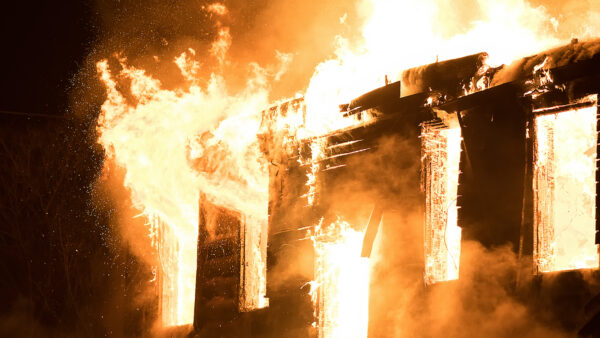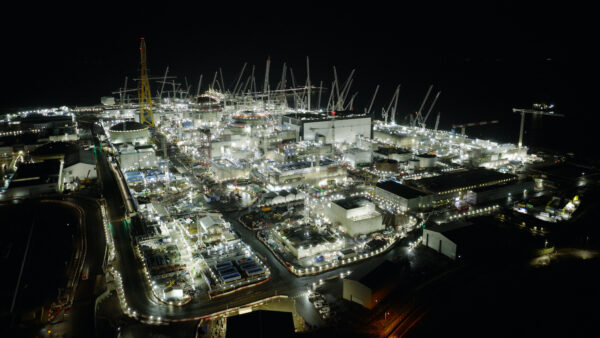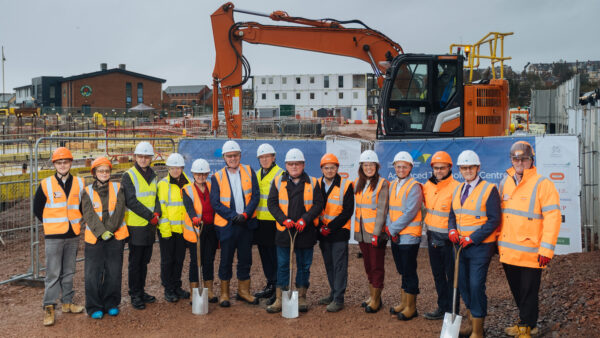
Sir Robert McAlpine has been confirmed for the Big Ben restoration project, but the cost of the contract has soared by £22m to £61m.
The Elizabeth Tower and Great Clock conservation project was originally priced at £29m in spring 2016, but after 16 months of detailed design and survey work, the cost has more than doubled.
McAlpine was awarded the pre-construction and scaffolding contracts through a two-stage tendering process in November 2016, and since then has been pricing up the remaining work packages.
A statement from the House of Commons and House of Lords Commissions said the inflated cost was due to “increased understanding of the work needed”, specifically:
- more is now known about the condition of the stonework following a further stone survey undertaken after the initial estimate;
- the processes for completing the works are more complex than previously thought, with examples including re-glazing the clock faces, stripping and repainting metal work within the tower, while the gilding cannot be completed until all the stripping and repainting of the metal work has been completed;
- the ground conditions proved to be more complex than anticipated, requiring additional work, for example, the quantity of utility services discovered in Speaker’s Green and New Palace Yard was greater than previously identified through surveys and historic records. This means that further ground works are required to support the weight of the scaffolding.
The Commissions have also decided to increase the project’s level of risk and optimism bias, saying “experience of other heritage projects in Parliament has shown that working on the Palace of Westminster presents unique challenges and the need to expect the unexpected”.
This means the provision for cost overruns has risen from the original sum of £5.8m to £17.2m.
Additionally, fire safety funding which had previously been held in the budget of a different contract, has been transferred to the Elizabeth Tower project and added £4.5m to the total cost of the scheme.
In a statement, the clerk of the House of Commons, the clerk of the Parliaments and the director general said: “We acknowledge that there have been estimating failures and we understand the concern of the Commissions. In advance of tendering contracts, the initial high level estimates were set at a lower level to avoid cost escalation from the market.
“Subsequent estimates, using better data and more extensive surveys, better reflect the true likelihood of the costs. We believe that we now have a more accurate estimate of the cost of the works and will report regularly to the committees on the progress of work.”
Image: Darrensharvey/Dreamstime
Comments
Comments are closed.











Why isn’t this put out to further tender?
I think there has been misuse of “better” reflect. Surely they mean “worse” reflect.
Thank goodness that people are facing up to the challenges of the restoration of the Houses of Parliament and Buckingham Palace.
Both buildings are iconic and both have serious deficiencies that must be addressed fully and comprehensively.
There must be no shortcuts in the quality of the work, which means costs can only go up because the requirement of the stone repairs can only be fully assessed once the scaffolding is erected and the fabric examined in detail.
What is very important is that the Employer of the contractors on both buildings are kept FULLY informed of all cost variations, with detailed explanation of the variations, which must be made public.
Good luck to everybody involved.
If this was a project being carried out for private enterprise, heads would roll at this level of incompetence in the tendering process, but as the taxpayer foots the bill they all get away with it. It will be very interesting to the true costs at the end of the contract. I bet this will be substantially higher than £61 Million and probably up around £100 Million..
If my wife already knows that the cost would at least double or multiply five-fold –
Why did the Commissions make the statement “expect the unexpected”. Overrun and vast over cost on public projects seems very normal these days – this was expected not unexpected.
As Terry Thomas used to say “An absolute shower”